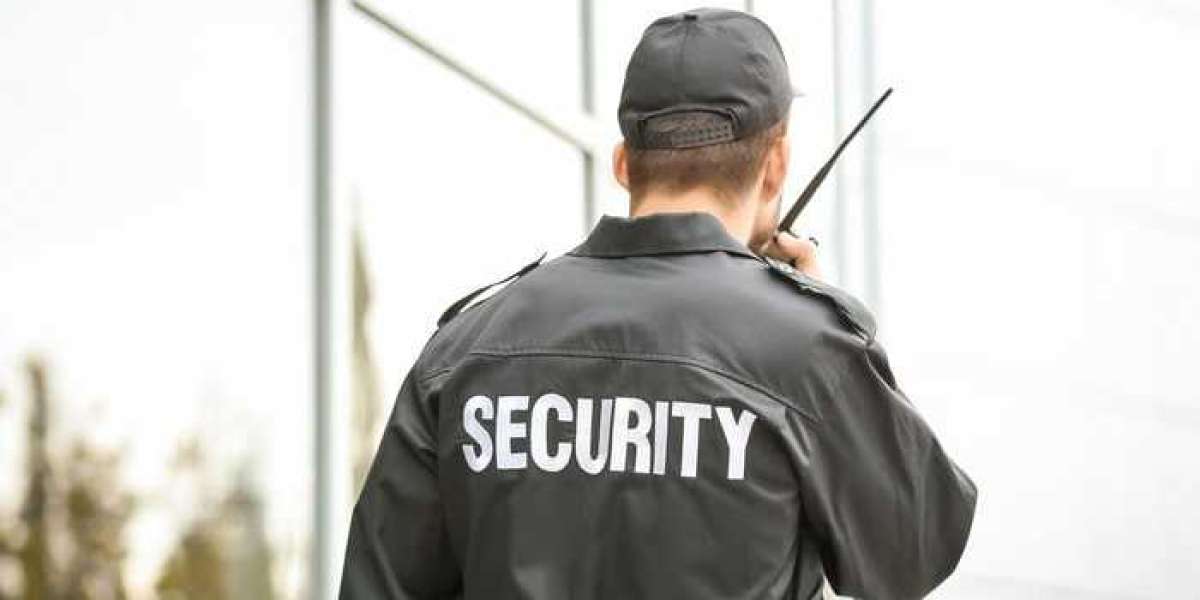In today’s digital age, the hospitality industry faces unique cybersecurity challenges. Hotels and resorts are prime targets for cybercriminals due to the large amount of personal data they store, including guest identities, payment information, and even travel habits. In an industry focused on creating an inviting and open environment, the balancing act between providing excellent service and securing data has become more important than ever. This article explores why cybersecurity is essential in hotel management and provides key strategies to protect sensitive guest information effectively.
Understanding the Importance of Cybersecurity in Hospitality:
Hotels deal with vast amounts of sensitive information daily, including credit card numbers, passport information, and guest preferences. This information is not only valuable for improving guest experiences but is also highly coveted by cybercriminals. A data breach not only puts guests at risk but can also lead to significant financial and reputational damage to the hotel. Given that trust is a cornerstone of the hospitality industry, hotels must prioritize security to maintain guest confidence.
Common Cyber Threats Facing Hotels:
The hospitality industry is vulnerable to various types of cyber threats. Phishing attacks are especially common, where cybercriminals send deceptive emails to employees, tricking them into revealing sensitive information or clicking on malicious links. Another prevalent threat is ransomware, where attackers lock down hotel systems and demand a ransom for restoration. Hotels are also frequently targeted by point-of-sale (POS) attacks, where attackers steal payment card information from POS systems. By understanding these threats, hotels can develop targeted cybersecurity strategies to mitigate risks.
Protecting Guest Data: Key Strategies for Hotels:
To security guard guest data, hotels must adopt a comprehensive cybersecurity approach that involves multiple layers of protection. This includes network security measures, employee training, and regular system audits. Below are some essential strategies hotels can implement to enhance cybersecurity.
Strengthening Network Security:
The backbone of hotel cybersecurity is a secure network. Hotels should invest in firewalls and intrusion detection systems that monitor and prevent unauthorized access to their networks. Virtual private networks (VPNs) are also recommended, especially for staff members accessing the network remotely. By securing the network, hotels can create a safe environment for handling guest information.
Implementing Data Encryption:
Encryption is a powerful tool in the fight against cybercrime. By encrypting sensitive data, hotels can make it nearly impossible for unauthorized individuals to read the information even if they manage to gain access. This is especially important for payment card data and other personal details. Encrypting data both at rest and in transit is a best practice in protecting sensitive information.
Educating Employees on Cybersecurity Practices:
One of the most effective ways to protect guest data is to ensure that employees are well-informed about cybersecurity. Regular training on identifying phishing emails, using strong passwords, and following data-handling protocols is crucial. Since human error is a common cause of data breaches, empowering employees with knowledge significantly reduces the risk of accidental data exposure.
Ensuring Secure Payment Processing:
Hotels need to comply with the Payment Card Industry Data Security Standard (PCI DSS) to ensure secure handling of payment information. This standard provides guidelines on how to store, process, and transmit credit card data safely. By following PCI DSS, hotels can minimize the risk of payment data breaches, ensuring that guests' financial information remains secure.
Conducting Regular Security Audits:
Routine security audits are essential to identify potential vulnerabilities within the hotel’s systems. By regularly assessing their cybersecurity measures, hotels can stay ahead of potential threats. These audits can help in discovering outdated software, unpatched systems, or misconfigured settings that could expose guest data to risks. Third-party cybersecurity firms can offer an objective view and recommend improvements to enhance overall security.
The Role of Technology in Enhancing Hotel Cybersecurity:
The advancement in technology has provided new tools for improving cybersecurity in hotels. Artificial intelligence (AI) and machine learning can now detect unusual patterns in network traffic, signaling potential threats before they materialize. For instance, AI-based systems can identify anomalies, such as multiple login attempts, which could indicate a brute-force attack. Additionally, biometric authentication methods, such as fingerprint or facial recognition, add another layer of security, making it more difficult for unauthorized individuals to access sensitive information.
Cybersecurity Challenges Unique to the Hospitality Industry:
One of the unique challenges in hotel cybersecurity is the need for open and accessible networks for guests, which can inadvertently create vulnerabilities. Guest Wi-Fi networks are an attractive target for hackers, as they can be relatively easy to infiltrate. Hotels must ensure that guest Wi-Fi is separate from internal networks and that it is regularly monitored for potential threats. Another challenge is the high turnover rate in the hospitality industry, which can complicate consistent cybersecurity practices. Frequent employee onboarding and training sessions are essential to maintain strong security protocols across all team members.
The Cost of Data Breaches for Hotels:
Data breaches in the hospitality industry can have devastating financial consequences. Beyond direct financial losses, hotels may face regulatory fines and legal costs associated with breach notification and compensation to affected guests. The reputational damage from a breach can be even more costly, as trust in the brand may erode, leading to lost business. In today’s market, where guests have a variety of options, maintaining a reputation for data security is crucial for retaining loyal customers and attracting new ones.
Best Practices for Long-Term Cybersecurity:
For long-term cybersecurity resilience, hotels must adopt a proactive approach. This includes creating a response plan for potential incidents, which involves identifying critical data, setting up containment measures, and having a communication strategy for notifying affected parties. Implementing multi factor authentication (MFA) for accessing systems adds an additional barrier for cybercriminals. Moreover, engaging in regular cybersecurity drills and updating software across all devices ensures that the hotel remains vigilant and ready to face evolving threats.
Final Thought:
Cybersecurity is a crucial aspect of hotel management in today’s interconnected world. Protecting guest data is not only a legal obligation but also a business imperative that directly impacts guest trust and satisfaction. By understanding common cyber threats and implementing robust security practices, hotels can create a safe environment where guests feel confident sharing their personal information. As technology and cyber threats continue to evolve, the hospitality industry must stay one step ahead, prioritizing cybersecurity as an integral part of providing exceptional service. Through continuous improvement and awareness, hotels can safeguard their reputation and ensure a safe, enjoyable experience for all guests.


